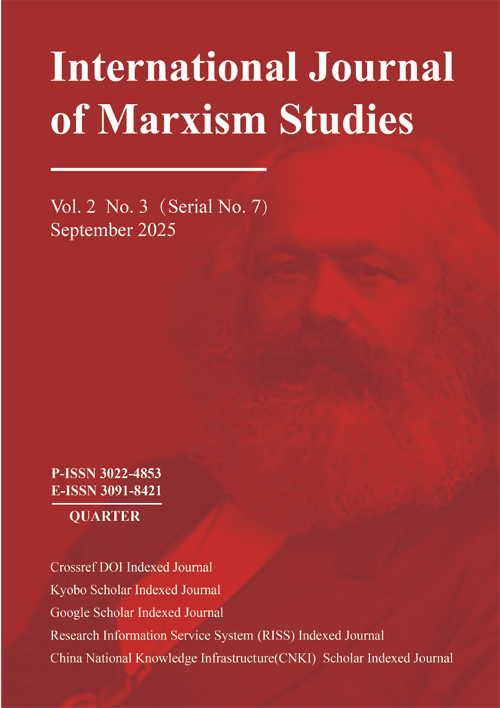Since its founding with just a few dozen members, the Communist Party of China (CPC) endured 28 years of grueling struggles to emerge as the ruling party, surmounting countless hardships along the way. Its growth was closely intertwined with the practice of the mass line and the distinctive mobilization approaches implemented in the Shaanxi-Gansu-Ningxia Border Region. Later, during the War of Resistance Against Japan, the CPC played a pivotal role, shattering Japan's ambition to occupy China.Existing academic research on the CPC's revolutionary mobilization during this era mostly centers on the CPC itself, taking how it mobilized others to join the revolution as its core focus. This study, by contrast, shifts its perspective to farmers—the key participants in the revolution—and zeroes in on the CPC's mobilization efforts in the Border Region. Drawing on the Psychological Demand Motivation Theory, it analyzes the transformation of farmers' consciousness: from adhering to the blood-tied, family-centered “small self” mindset to awakening their national and ethnic “big self” awareness, while also exploring the two-way interaction between the CPC and farmers amid the revolution.




